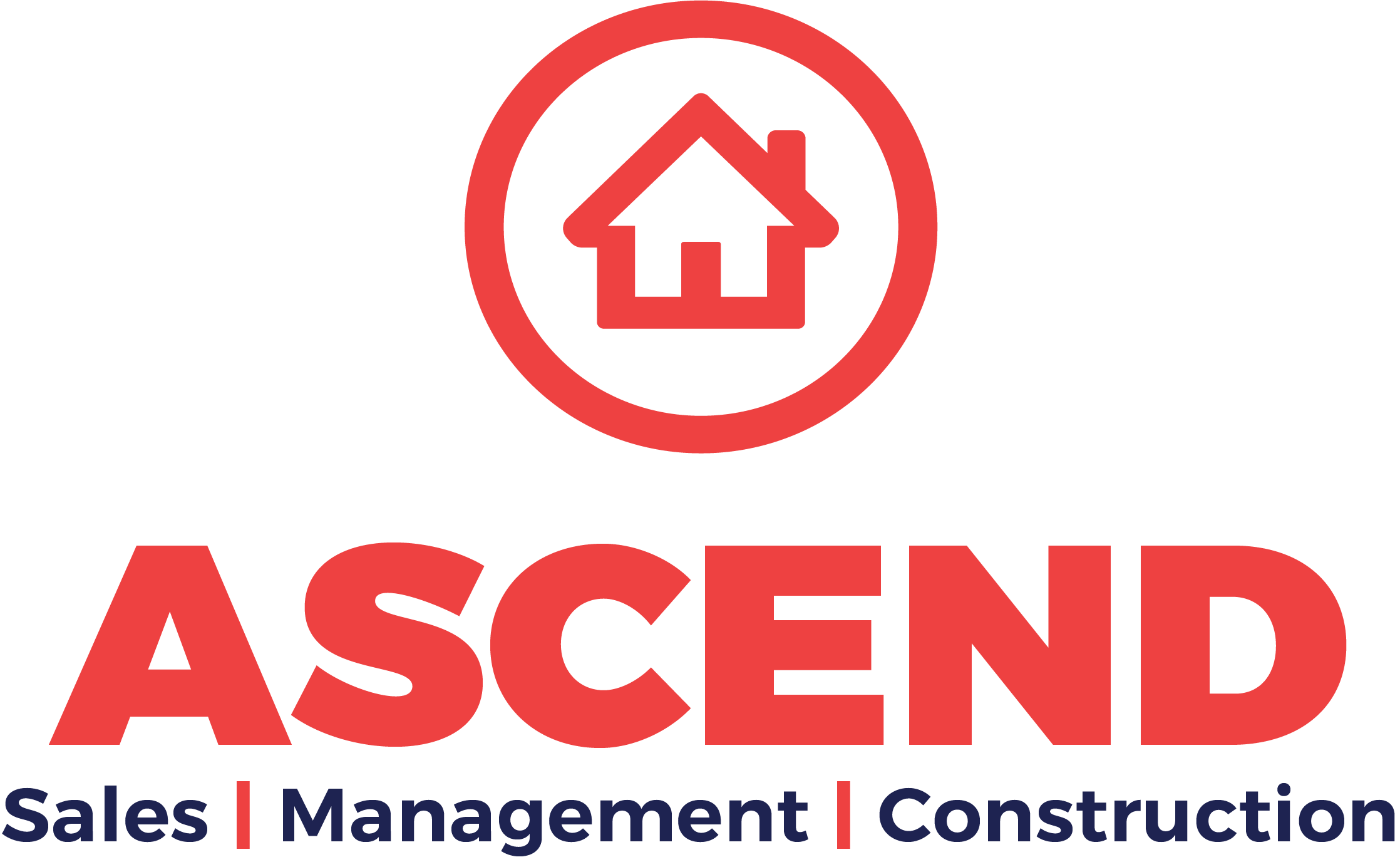How To Manage Commercial Properties
Despite the fact that there are significant variations in their areas of responsibility and types of properties, commercial and residential property managers are sometimes mistaken for one another. Most likely, in commercial property management in Bakersfield, you will be in charge of maintaining and supervising the operations of industrial parks, shopping centers, storage facilities, or other non-residential buildings.
Despite certain parallels to residential properties, such as lease agreements, tenants, etc., commercial properties have a distinct set of issues that expand the range of responsibilities in commercial property management in Bakersfield.
The success of a commercial property manager can be undermined by longer leases, CAM, wear and use on the property, and unanticipated emergencies. Fortunately, there are certain strategies for anticipating, avoiding, and reversing many of these frequent drawbacks.
Understand the Business
Commercial property managers need to have a solid understanding of their field and the commercial properties they are in charge of.
Commercial properties are more varied compared to residential properties and call for better spatial optimization. This makes it easy to account for the different types of tenants, enterprises, dining establishments, and other industrial purposes.
It is crucial to appreciate the peculiar requirements of any business property if you want to manage these areas successfully. This is especially useful regarding requirements specific to a given property, such as the stricter safety regulations in restaurants instead of office buildings.
Commercial property management in Bakersfield requires a thorough knowledge of the physical areas they are responsible for and a general awareness of the many categories of commercial properties.
This entails conducting regular checks on each unit inside the business building. You may fill vacant rental spaces, avoid future issues, and provide a paper trail of the maintenance work performed on each unit by keeping track of its use, condition, specs, and areas for improvement.
Have Plans for Regular Upgrade
Regular facility improvements may seem expensive, but they can have a favorable effect on your revenue. Commercial tenants seek newer locations with better facilities, so you must update and improve to stay competitive. However, updates don't always entail total reconstructions.
Renovating the smoke alarms and installing small electrical gadgets like fans, copy machines, and televisions for entertainment are among the inexpensive but efficient changes.
It can be challenging to satisfy tenants, but small and modest improvements can make a big difference. Including upgrades in your property maintenance plan is a wonderful method to keep track of them.
